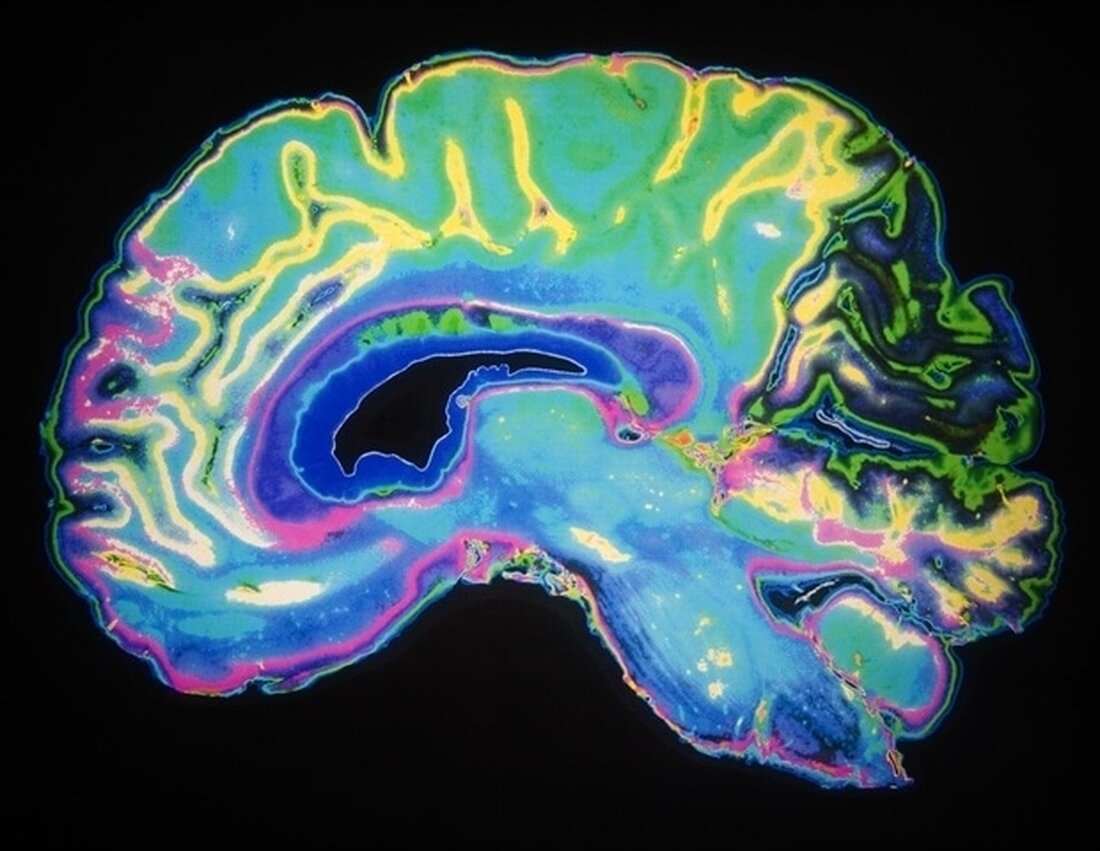Researchers are unraveling neurobiological mechanisms influenced by early life adversity
Using cutting-edge molecular techniques in rodent models, researchers are dissecting the neurobiological mechanisms influenced by early life adversity. The findings were presented at Neuroscience 2022, the annual meeting of the Society for Neuroscience and the world's largest source of breaking brain science and health news. Childhood adversities, such as abuse, neglect, poverty, lack of housing, or parental loss, can have lifelong effects on the brain and behavior. There is evidence that early life adversity plays an important role in shaping brain development and is associated with abnormalities in multiple neurobiological systems. Adults with more negative experiences in...

Researchers are unraveling neurobiological mechanisms influenced by early life adversity
Using cutting-edge molecular techniques in rodent models, researchers are dissecting the neurobiological mechanisms influenced by early life adversity. The findings were presented at Neuroscience 2022, the annual meeting of the Society for Neuroscience and the world's largest source of breaking brain science and health news.
Childhood adversities, such as abuse, neglect, poverty, lack of housing, or parental loss, can have lifelong effects on the brain and behavior. There is evidence that early life adversity plays an important role in shaping brain development and is associated with abnormalities in multiple neurobiological systems. Adults with more negative early childhood experiences are more likely to have health problems, including depression and anxiety; in fact, it is estimated that childhood adversities account for 28% of the risk of later onset psychiatric disorders. With advances in molecular techniques, neuroscientists are using rodent studies to understand the brain cells and circuits that underlie the connections between early life adversity, brain development, and later-onset psychiatric disorders.
Neuroscience eBook
Compilation of the top interviews, articles and news from the last year. Download a free copy
Today's new findings show that:
- Geschlechtsunterschiede bei Angststörungen können durch Veränderungen des Neuropeptids Corticotropin-Releasing-Faktor vermittelt werden, der als Reaktion auf Stress freigesetzt wird. (Camila Demaestri, New York State Psychiatric Institute)
- Eine neuartige Verbindung zwischen einem Gehirnbereich, der mit Belohnung assoziiert ist, und einem anderen Gehirnbereich, der mit Stressreaktionen assoziiert ist, könnte die Auswirkungen von Widrigkeiten im frühen Leben auf motiviertes Verhalten vermitteln. (Tallie Z. Baram, Universität von Kalifornien, Irvine)
- Stress während der Pubertät führt zu einer erhöhten Sensibilität gegenüber begrenzten Ressourcen während der Schwangerschaft, und die Kombination von Stress wirkt sich negativ auf das Verhalten der Mutter und die Gesundheit der Nachkommen aus (Kathleen E. Morrison, West Virginia University)
- Ketamin hat geschlechtsspezifische Wirkungen auf Verhaltensreaktionen auf emotionale Lautäußerungen bei Ratten, die im frühen Leben Widrigkeiten erlebt haben (Jennifer A. Honeycutt, Bowdoin College)
"It is known from epidemiological and clinical work that early life adversity is a major risk factor for psychiatric disorders, and neuroscientists are now discovering why this is at the level of specific neural circuits," says Mar Sanchez, a professor at Emory University School of Medicine who studies the effects of early environment on the development of neural circuits that control the Controlling stress physiology and emotion regulation. “Importantly for human relevance, the research presented today also focuses on the neurobiological mechanisms that lead to gender-specific effects of early life adversity.”
This research was supported by national funding agencies including the National Institutes of Health and private funding organizations. Learn more about early life adversity and the brain at BrainFacts.org.
Source:
.

 Suche
Suche
 Mein Konto
Mein Konto
